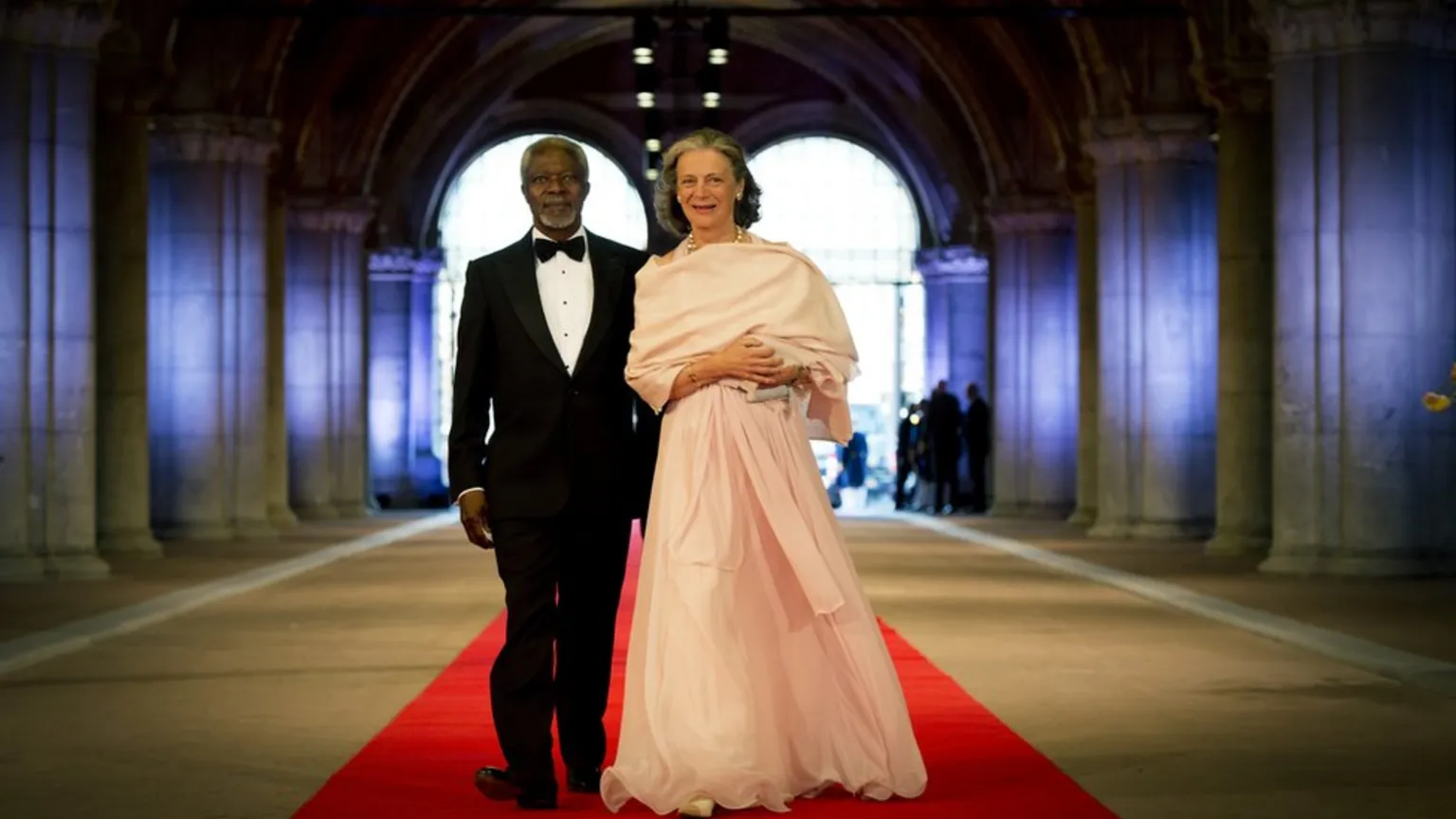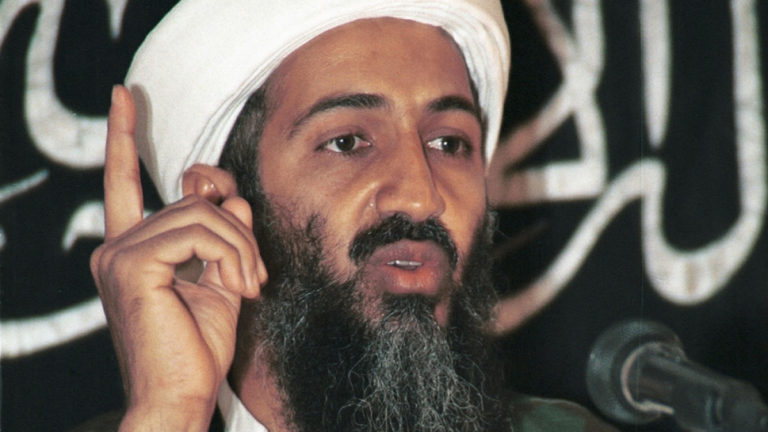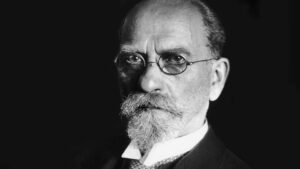Kofi Annan
Kofi Annan (born April 8, 1938, in Kumasi, Gold Coast [now Ghana]—died August 18, 2018, in Bern, Switzerland) was a distinguished Ghanaian international civil servant who served as the United Nations Secretary-General from 1997 to 2006. In recognition of his efforts to promote peace, he and the United Nations were co-awarded the Nobel Peace Prize in 2001.
Annan came from a notable family—his father served as governor of Asante province and was a hereditary paramount chief of the Fante people. He began his studies at the University of Science and Technology in Kumasi before moving to the United States to attend Macalester College in St. Paul, Minnesota, where he earned a bachelor’s degree in economics. He furthered his education at the Graduate Institute of International and Development Studies in Geneva and later completed a master’s degree as a Sloan fellow at the Massachusetts Institute of Technology during 1971–72.
His career with the United Nations began in 1962 when he joined as a budget officer for the World Health Organization in Geneva. With the exception of a brief role as Ghana’s director of tourism from 1974 to 1976, Annan dedicated his entire professional life to the UN. On March 1, 1993, he was promoted to Under-Secretary-General for Peacekeeping Operations, a role in which he notably managed the delicate transition of peacekeeping responsibilities from UN to NATO forces during the Bosnian civil war.
When Kofi Annan succeeded Boutros Boutros-Ghali as Secretary-General, he inherited challenges stemming from his predecessor’s strained relationships with several member nations, particularly the United States. Annan set out to mend these ties and reform the UN bureaucracy. Early in his tenure, he introduced a reform agenda aimed at reducing the UN budget and streamlining its operations—initiatives that were well received by the U.S. government. His agenda also focused on restoring public confidence in the UN, addressing the AIDS epidemic in Africa, and combating human rights abuses Kofi Annan.
Reappointed to a second term in 2001, Annan’s leadership was soon confronted by the September 11 attacks, which shifted global attention to issues of security and terrorism. In 2003, when the United States initiated a war against Iraq without the sanction of the UN Security Council, Annan’s vocal criticism of the conflict strained his relationship with the United States. Later that year, he convened a panel to assess the UN’s response to emerging global threats—a panel whose recommendations formed a significant part of a reform proposal presented to the UN General Assembly in 2005. While several measures from this proposal were adopted, the effort to expand the Security Council from 15 to 24 members was ultimately rejected. Moreover, 2005 saw controversy over the oil-for-food program administered by the UN. A report revealed widespread corruption within the initiative, and it emerged that Annan’s son was involved in a Swiss firm that had secured an oil-for-food contract. Although Annan was exonerated of any misconduct, he faced criticism for not adequately supervising the program. His term concluded in 2006 when Ban Ki-Moon succeeded him Kofi Annan.
After his tenure as Secretary-General, Annan continued to contribute to global development and peace. In 2007, he was appointed as the chair of the Alliance for a Green Revolution in Africa (AGRA), an initiative supported by the Bill & Melinda Gates Foundation and the Rockefeller Foundation that helps small-scale farmers. He also played a pivotal role in resolving Kenya’s post-election crisis in late 2007, helping broker a power-sharing agreement in February 2008 between the government and opposition forces. That same year, Annan was honored with the Peace of Westphalia Prize for his contributions to European unity and peace and was named chancellor of the University of Ghana. He further established the Kofi Annan Foundation in 2007, a non-profit dedicated to promoting peace, sustainable development, human rights, and the rule of law.
In February 2012, Annan was appointed Joint Special Envoy for Syria by both the United Nations and the League of Arab States. In this capacity, he worked to present the Syrian government with a six-point proposal aimed at ending the civil war—a plan endorsed by the UN Security Council that called on President Bashar al-Assad’s regime to significantly reduce hostilities. Although the Syrian government formally accepted the proposal in March, continued military actions against rebel groups and demonstrators led Annan to resign as Joint Special Envoy in August 2012, citing a lack of global consensus and political will to resolve the conflict.














